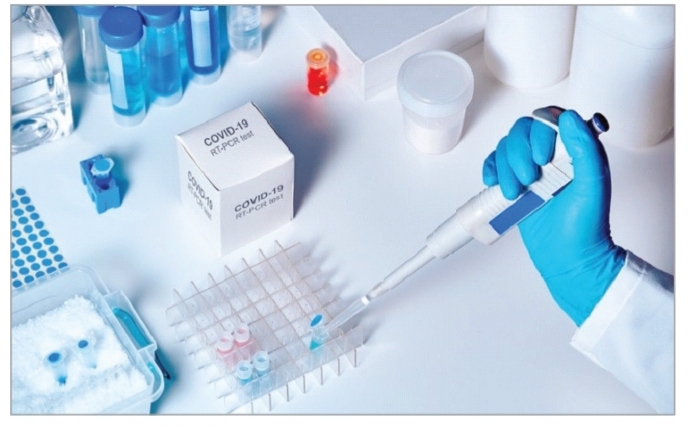TORONTO – There is renewed hope in the fight against Covid-19. A team of researchers from the Montreal Heart Institute (MHI) has made a “major scientific discovery” in using the oral-drug, Colchicine, to treat non-hospitalized Covid-19 patients.
The Colcorona study, the largest global study of its kind, involved 4,500 individuals from Canada, USA, Spain, Brazil and South Africa. Its aim is to determine if treating Covid-19 patients with Colchicine could help minimize the risk of developing severe complications from contracting the virus.
The analysis of 4,159 patients revealed some compelling findings. For one, initial results show that hospitalization of infected patients was reduced by 25% among those treated with the drug. For another, 50% of patients were less likely to need mechanical ventilation.
Most significantly, Covid-19 fatalities were reduced by 44% among patients receiving treatment with the medication.
The sample demographic for the study targeted those at least 40 years or older, individuals who tested positive for the virus, those not hospitalized prior to enrollment and patients with at least one risk factor for Covid-19 complications.
The promising results have yet to be peer reviewed or approved by Canadian regulators. However, Director of the MHI Research Centre, Dr. Jean-Claude Tardif, and Principal Investigator of the Colcorona trial said, “Our research shows the efficacy of colchicine treatment in preventing the ‘cytokine storm’ [a serious immune response] phenomenon and reducing the complications associated with Covid-19”.
Colchicine is not a new drug. Usually, doctors prescribe the anti-inflammatory medication to prevent or to treat attacks of gout. Several manufacturers produce it under license in many countries. Consequently, it is available in most pharmacies, and is generally affordable. For example, in Canada, it costs less than one dollar per pill.
It could prove to be a “breakthrough”. Covid-19 infections are sending even young, previously healthy, people to intensive care units (ICU). Older adults and those with pre-existing conditions are at greater risk of severe complications associated with the virus. With Ontario hospital ICUs approaching full capacity, and some well beyond, the promising results of the study could help alleviate hospital congestion and ease the strain on the health care system.
It may be just a flicker of hope in an otherwise gloomy environment. The results of the study are considered a great achievement for the MHI innovative research program. Dr. Tardif believes the program proves that MHI “can make rapid scientific breakthroughs in a way that is economically viable for patients by repurposing (“off patent use”) existing drugs”.
Tardiff and his team conducted a classic double-blind, placebo-controlled, clinical trial where in neither the patient nor the doctors were aware of which patient was administered the placebo and which the drug.
The positive results suggest that introducing the oral medication – colchicine – as part of a treatment early in the diagnosis of Covid-19, could significantly reduce complications, hospitalizations and potential fatalities for millions of people.





